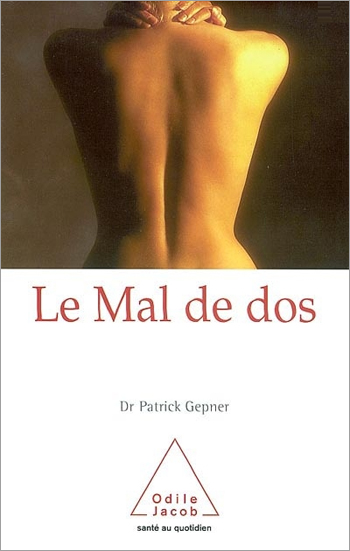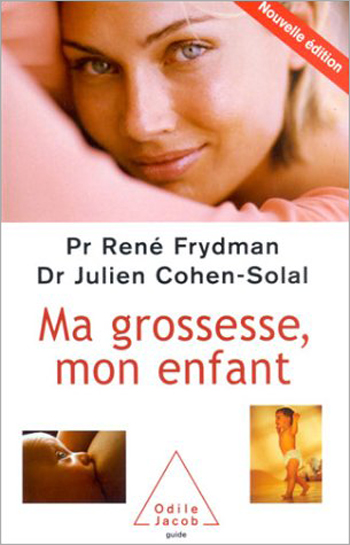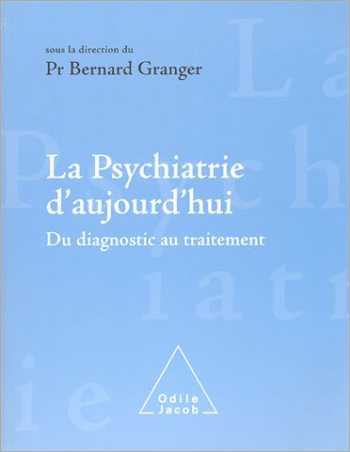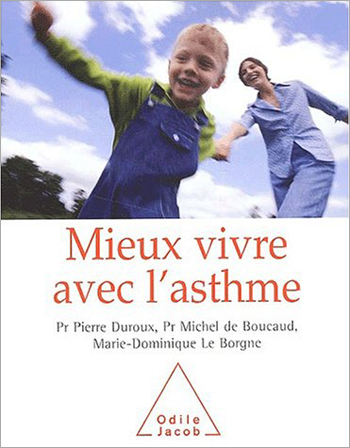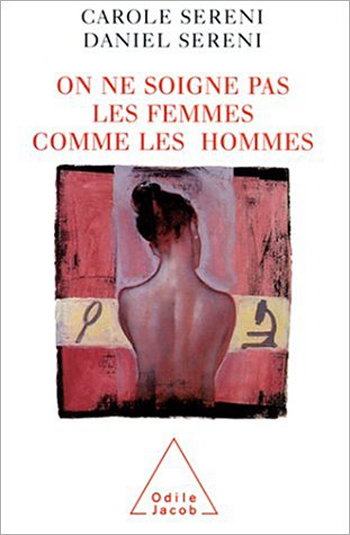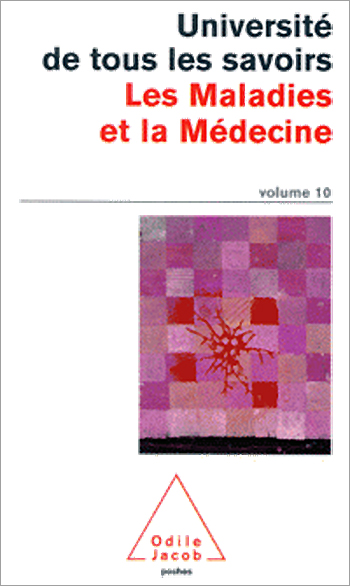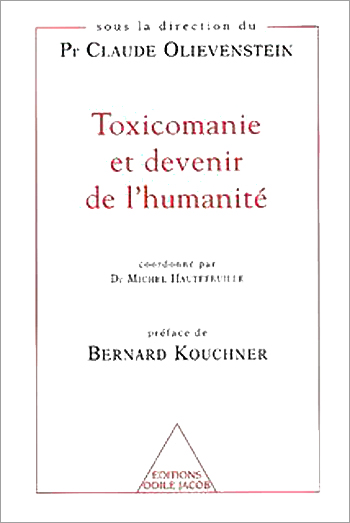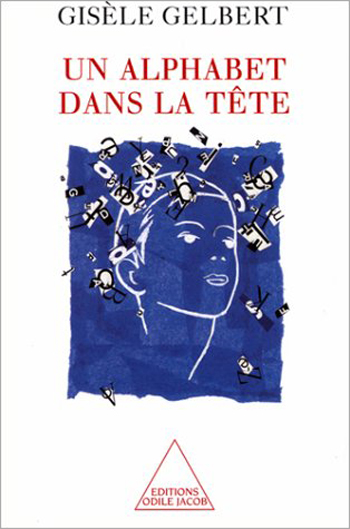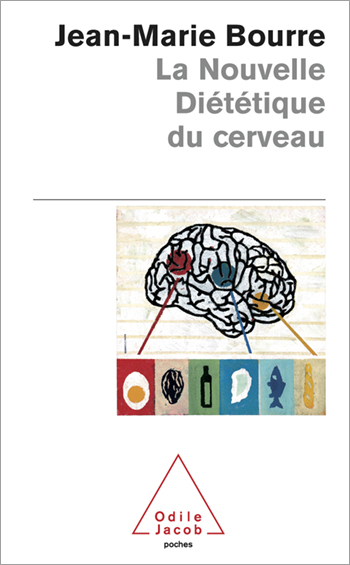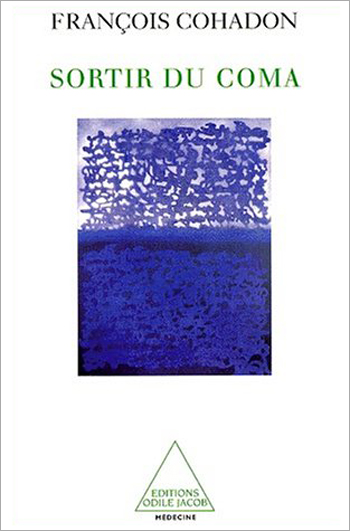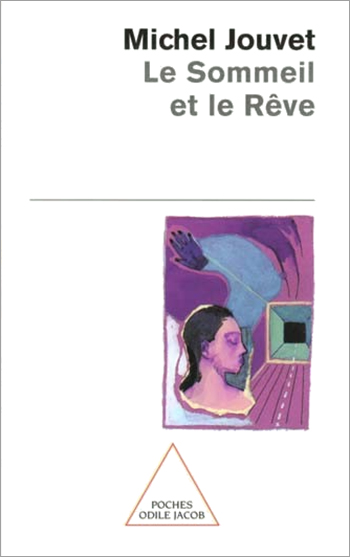Medicine All books
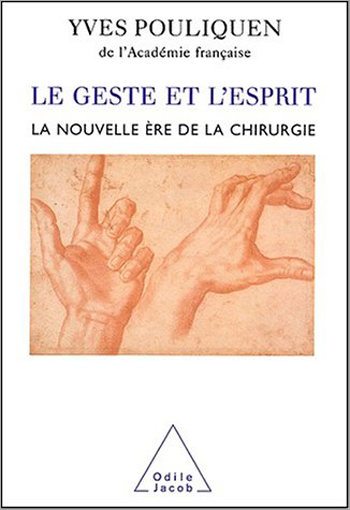
Yves Pouliquen
The Action and the Mind
What does it signify for a surgeon to run the numerous risks, present in every slightest move, in accepting to operate on an eye ? What does it mean for the patient undergoing the operation to place themselves in the hands of strangers, inevitably with a degree of mistrust, in order to be able to see again ? The surgeon and the patient are in fact the protagonists of a human adventure, a scientific conquest and a forgotten medical revolution, which deserve to be related. This is especially since the surgery of the 21st century will also demand creativity, ingenuity, faith and discipline all the forms of engagement that one calls human intelligence Yves Pouliquen An internationally known specialist in ocular surgery, Professor Yves Pouliquen is the author of several books published with Odile Jacob, such as The Transparency of the Eye.

Jeanne-Marie Bréchot, Brigitte Joseph-Jeanneney, Martine Ruszniewski
Surrounding Illness The Family, the Doctor and the Psychologist
Should the same information be given to the sick person, and their family ? How can one get through the trauma day by day ? Should the entire truth be told? Should one prepare for mourning? How to say goodbye ? This book is a spontaneous and moving three-way discussion to help those faced with serious illness. Brigitte Joseph-Jeanneney is a general inspector of social affairs. Jeanne-Marie Bréchot is a thoracic cancer and lung specialist at the Hôtel-Dieu hospital, in Paris. Martine Rusniewsky is a psychologist working with patients in the palliative care ward at Hôpital de la Salpetrière, in Paris.
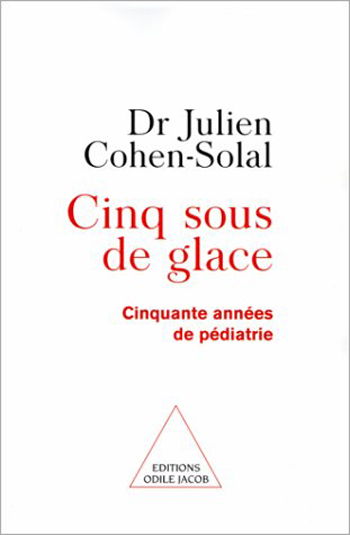
Julien Cohen-Solal
Cinq sous de glace Fifty Years of Pediatrics
Julien Cohen-Solal has made some of the greatest progress over the past several decades in France in understanding the needs of young children. After many of his books have become classics in the field and served as landmarks to many families, Cohen-Solal tells today of his childhood and adolescence in Algeria during the 30s and 40s, of his discovery of the Parisian post-war medical world, of the influences and discoveries that punctuated his education, and of relationships with parents and children that were important to him. Now is the occassion to celebrate fifty years of pediatrics in France, fifty years of scientific, clinical, and psychological advances.
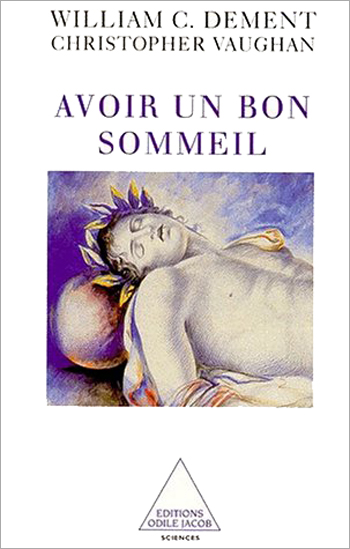
William C. Dement, Christopher Vaughan
How to have a good night's sleep
For more than forty years, William Dement has been researching the subject of sleep and of sleep-related problems. According to Dement, if we dont sleep well, we cannot be healthy; but its impossible to sleep well if we dont know what disturbs our sleep patterns, or what we stand to gain from an adequate nights rest. We are careful about our diets and we make sure we get enough exercise. Yet we often forget that it is equally important to sleep well. Sleep is often sacrificed to the demands of our daily lives. Doctors still tend to minimise the physical, emotional and psychological risks that result from a failure to give sleep its due. This fundamental work by a world-renowned specialist enables us to find out how we should sleep, in order to feel better and keep healthy. William C. Dement is a world authority in the field of sleep and in the treatment of sleep disturbances. In the 1970s, he founded one of the earliest centres specialising in the study of sleep at Stanford University, in California. He continues to teach at Stanford. Christopher Vaughan is the author of How Life Begins : The Science of Life in the Womb.

Pierre Pollak
Parkinson's Disease
There are many aspects of this disease : How does it operate and what causes it ? When does the trembling start ? What are the other symptoms ? What are the newest available treatments ? What can be done when medicines are no longer effective ? What about brain surgery ? Will it be possible one day to perform brain transplants ? With regard to the daily life of a patient suffering from Parkinsons Disease, what are the benefits of gymnastics and massages ? Is it still possible to drive ? Or hold down a job ? What is the best attitude for the people around the patient to adopt ? Pierre Pollak teaches neurology at the University Hospital of Grenoble.

